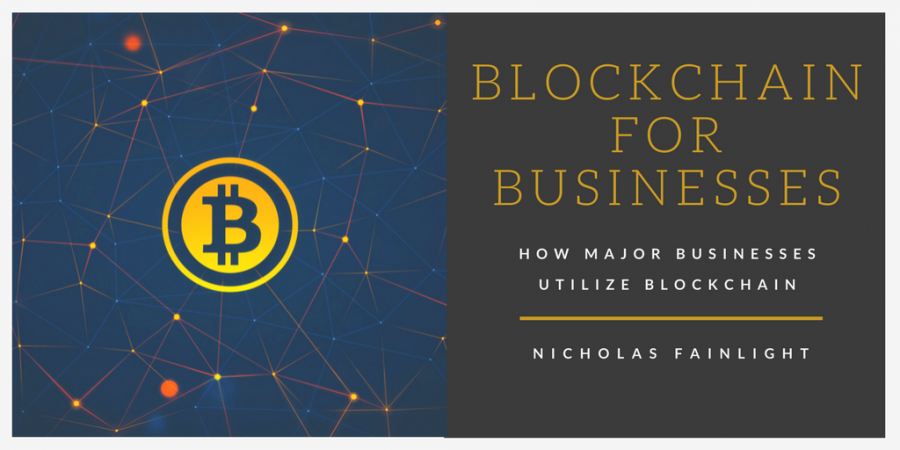Blockchain technology is becoming mainstream. In early 2016, more than 40 major financial institutions were experimenting with blockchain, as reported by Wall Street. What does this mean? And how can blockchain help businesses work more effectively?
To answer this, we first have to understand what blockchain is. In the past, transactions of wealth or property have always had to go through a third party middleman. For example, if you were to send someone money over the Internet, that money would be processed through your bank. But with blockchain, such transactions are possible without an intermediary. In addition to transferring money, blockchains can transfer online representations of other types of property.
Blockchain is still a relatively new concept, but if it is utilized widely enough, it can have many benefits. Here are a few:
More certainty in transactions
Transferring through a third party allows a certain amount of trust. If you are being paid for a product, for example, you need to trust that the payee has the necessary funds in their bank account. With blockchain, this is not an issue, because the transaction is immediate.
Records movement of assets
Businesses that deal in supply chains can see a detailed record of how assets move through those chains. Blockchain transactions are stamped with a time, date, and location. Companies can use this information to keep track of expenditures and profit, as well as verify the legitimacy of their product. For example, Walmart has been using blockchain to track certain food items. This allows it to ensure that the food is coming from where it is supposed to be coming from—increasing food safety.
Simplifying the stock exchange
Currently, exchanging stocks requires the verification of multiple parties, with no transparency between them. Blockchain can simplify this process, by providing a secure, accessible, and permanent way for transfers to be made over the Internet.
On a slightly smaller scale, crowdfunding sites suffer some of the same transparency issues as the stock exchange, and also stand to benefit from blockchain.
Voting
Sites such as Boardroom and BitShares allow people to vote in an easy, fair way using blockchain. These elections benefit from blockchain’s immediacy and transparency. Currently, blockchain is only in use for small-scale decision-making, within companies or other such organizations, but if it becomes widespread enough, it could present a promising new way to vote in governmental elections as well.
Currently blockchain hasn’t entirely caught on yet. Its novelty means that many companies are suspicious of it security. Some firms also worry that it will disrupt their current business models, precisely because of the way it eliminates the middleman. However, blockchain is still very early in its existence, and many of its potential applications haven’t been invented yet. So it’s a safe bet that, sometime in the future, blockchain will be a standard means of exchange for companies, and perhaps, for the world at large.

